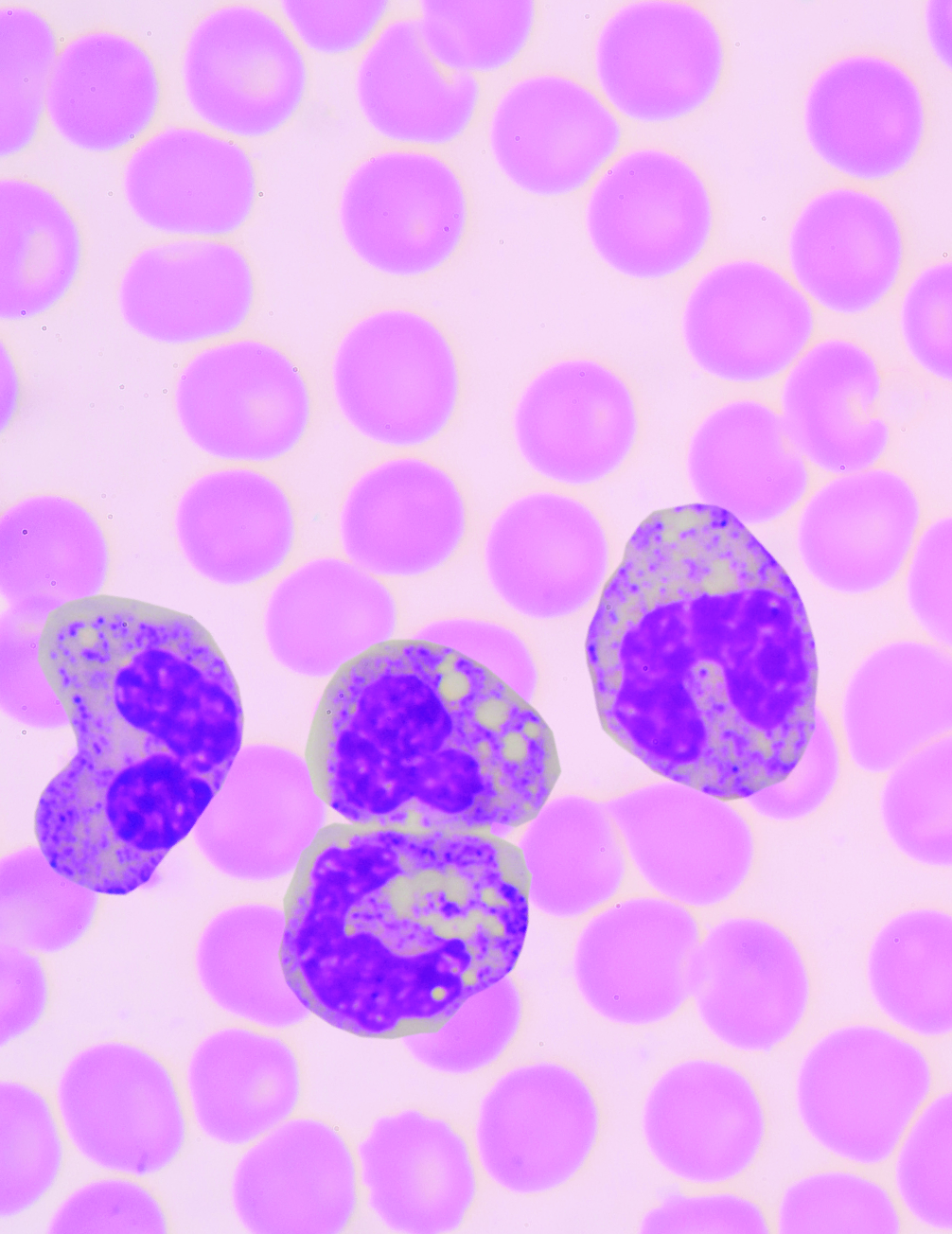| Article ID | Journal | Published Year | Pages | File Type |
|---|---|---|---|---|
| 2634076 | Nursing for Women's Health | 2016 | 15 Pages |
Abstract
Although septic shock is rare in pregnancy, it is an important contributor to maternal mortality. A woman in the perinatal period can appear deceptively well before rapidly deteriorating to septic shock. We evaluated compliance with early goal-directed therapy before, during, and after the implementation of a standardized physician order set and interprofessional education. A retrospective study included 97 women with positive screening results for sepsis from April 2014 to January 2015. When comparing preintervention and postintervention results in women with sepsis, statistical significance was achieved for blood lactate level testing (p = .029), administering a broad-spectrum antibiotic (p = .006), repeat lactate level testing (p = .034), and administering a broad-spectrum antibiotic in women with severe sepsis and septic shock (p = .010). Education and a sepsis protocol using a multidisciplinary approach improves compliance with sepsis bundles, which are a group of interventions that, when used together, are intended to improve health outcomes.
Related Topics
Health Sciences
Medicine and Dentistry
Obstetrics, Gynecology and Women's Health
Authors
Lori (labor & delivery RN), Danette (associate professor and the coordinator of the RN to BSN Program in the School of Nursing),
